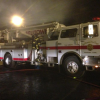Sign in to follow this
Followers
0

Training programs
Started by
FFPCogs,
-
Recently Browsing 0 members
No registered users viewing this page.

Started by
FFPCogs,
No registered users viewing this page.